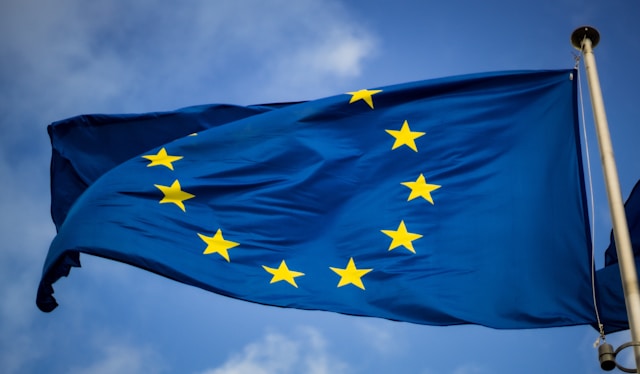Brussel, 17 april - Bij haar meest recente plenaire vergadering heeft de EDPB een mening aangenomen na een verzoek op grond van Art. 64(2) AVG door de Nederlandse, Noorse en Hamburgse gegevensbeschermingsautoriteiten (DPA's). De mening behandelt de geldigheid van toestemming voor het verwerken van persoonsgegevens voor doeleinden van gedragsreclame in de context van ‘Consent or Pay’' modellen die door grote online platformen worden gebruikt. Het artikel gaat verder in het Engels.

EDPB Chair Anu Talus said: “Online platforms should give users a real choice when employing ‘consent or pay’ models. The models we have today usually require individuals to either give away all their data or to pay. As a result most users consent to the processing in order to use a service, and they do not understand the full implications of their choices.”
As regards ‘consent or pay’ models implemented by large online platforms, the EDPB considers that, in most cases, it will not be possible for them to comply with the requirements for valid consent, if they confront users only with a choice between consenting to processing of personal data for behavioural advertising purposes and paying a fee.
The EDPB considers that offering only a paid alternative to services which involve the processing of personal data for behavioural advertising purposes should not be the default way forward for controllers. When developing alternatives, large online platforms should consider providing individuals with an ‘equivalent alternative’ that does not entail the payment of a fee. If controllers do opt to charge a fee for access to the ‘equivalent alternative’, they should give significant consideration to offering an additional alternative. This free alternative should be without behavioural advertising, e.g. with a form of advertising involving the processing of less or no personal data. This is a particularly important factor in the assessment of valid consent under the GDPR.
The EDPB stresses that obtaining consent does not absolve the controller from adhering to all the principles outlined in Art. 5 GDPR, such as purpose limitation, data minimisation and fairness. In addition, large online platforms should also consider compliance with the principles of necessity and proportionality, and they are responsible for demonstrating that their processing is generally in line with the GDPR.
As regards the need for consent to be free, the following criteria should be taken into account: conditionality, detriment, imbalance of power and granularity. For instance, the EDPB points out that any fee charged cannot make individuals feel compelled to consent. Controllers should assess, on a case-by-case basis, both whether a fee is appropriate at all and what amount is appropriate in the given circumstances. Large online platforms should also consider whether the decision not to consent may lead the individual to suffer negative consequences, such as exclusion from a prominent service, lack of access to professional networks, or risk of losing content or connections. The EDPB notes that negative consequences are likely to occur when large online platforms use a ‘consent or pay’ model to obtain consent for the processing.
Controllers also need to evaluate, on a case-by-case basis, whether there is an imbalance of power between the individual and the controller. The factors to be assessed include the position of the large online platforms in the market, the extent to which the individual relies on the service and the main audience of the service.
Furthermore, the EDPB provides elements to assess the criteria of informed, specific and unambiguous consent that large online platforms should take into account when implementing ‘consent or pay’ models.
EDPB Chair, Anu Talus added: “Controllers should take care at all times to avoid transforming the fundamental right to data protection into a feature that individuals have to pay to enjoy. Individuals should be made fully aware of the value and the consequences of their choices.”
In addition to this Art. 64(2) Opinion, the EDPB will also develop guidelines on ‘consent or pay’ models with a broader scope and will engage with stakeholders on these upcoming guidelines.

